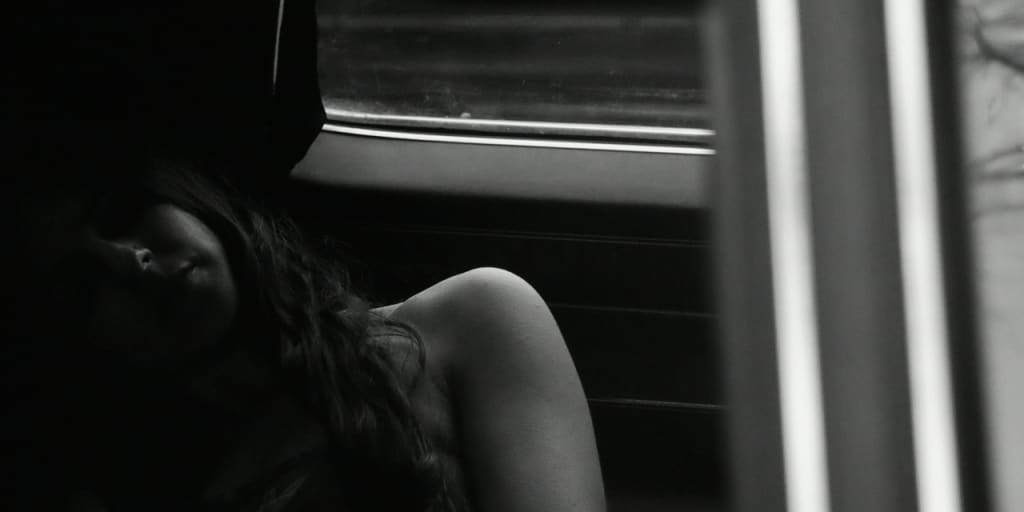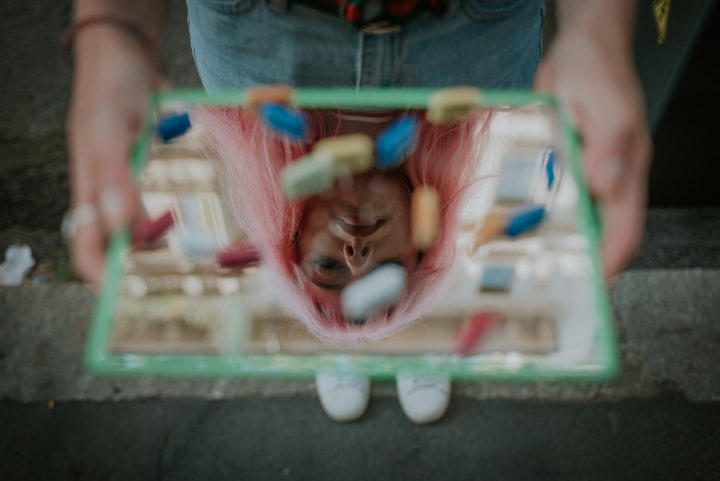
I vividly remember the day my life stopped. It runs through my head often. Moment by moment. The accelerated heart rate. The heat and sweat washing over me. The phone calls. The questions. The waiting. So much waiting. I think about the cost of rewriting history. I think about all the variables that could have shifted that day, but despite my overactive imagination, I can’t seem to bring him back.
The thing is, when you lose someone, no one tells you about the aftermath. About the war that is about to be waged. No one warns you about the chaos that can erupt in your life, in your family and cover over you. They may say “sorry” and “I can’t imagine” with tears in their eyes, but they don’t tell you this “bad” you are in might get worse before you come close to remembering how to feel again. Maybe that’s not the case for everyone, but that’s certainly what the road has been like for me.
I was 22 years old. Fresh out of college, a newlywed, working my first gig in my field post-graduation. I was still figuring out what life was all about, but I was also pretty certain I knew exactly who I was and what I wanted. We were strict budgeters with student loans, trying to make ends meet in Los Angeles. It felt like the whole world was right before us, just out of reach.
I was having an off day. Another bout with depression. Another moment I felt out of control in my own body. Unable to move forward. I didn’t know then how bad it was all about to get. I got the call in the afternoon, shopping for groceries for dinner with friends. My mom was on the way to the hospital. My brother had been airlifted. There was an accident. Everything was blurry. My brain, trying to process the words. There was hope mixed with fear in her voice. I tried to cling to the hope. The afternoon was full of panicked phone calls. Waiting. More waiting. And the evening gave us the answer we never dreamed of getting. He was gone. My little baby brother was gone.
It was the middle of winter in sunny southern California, and I never felt so cold. On a red-eye to Nashville, I clung the whole way to a stuffed animal my brother won me at a carnival a few years before. Desperately trying to find pieces of him. To keep him. To hold him again. Replaying our last phone conversation a few days before and our text conversation just that morning. It felt like I was walking through a nightmare. Going through the motions of life — alive, but walking dead.
Somehow I got through those initial days, and somewhere along the way we packed up our lives and moved to Nashville. A temporary trip that would, like grief, turn permanent. We had no idea what would come of our lives and we certainly didn’t imagine the laundry list of trials and tribulations that were about to erupt around us.
I have found that many times we see grief as isolated. We see it as a season of our lives. But after the dust settles, after the family and friends go back to their daily lives, after all the home-cooked meals are gone and the busyness of memorial services and will readings pass, that’s when it really hits you.
What I have found to be true in the case of a sudden, tragic, unexpected loss of any kind is the impact of grief on the lives of those involved can be catastrophic. For many years, I have cycled through the aftermath of loss and grief. I have put one foot in front of the other. I have defused bombs. I have rumbled through the aftershocks. I have sat in countless family meetings, engaged in countless conversations about healing and breaking. I have picked up pieces and I have fallen apart again and again. I have replaced one loss with another and another and another and have moved forward, time and again, one foot in front of the next.
What I have recently discovered is that I forgot to stop. I have been so busy these past 14 years surviving. Holding myself together. Taking care of the people I love. I forgot to see myself. I forgot to stop and take stock of where I was and where I was going. I just started walking down a road because I wasn’t ready to be still, and I kept walking and walking and walking and… here I am, over a decade later, emerging from the woods.
The time that lies between loss and awakening, I have come to know as the lost years. I didn’t know they existed until now, because it’s hard to see the lost years; it can be almost impossible to recognize them when you’re in them. And no one ever mentioned their existence. It’s funny, I actually thought I was living all those years. I thought I was making real decisions and choices. But what I see now is I was just buying time. I was buying myself time as I tried to find my way out of the jungle that had become my life.
So here I am, a little groggy. Plenty battered and bruised. I look in the mirror and I see that 22-year-old girl starting her life and making sense of the world around her. I can get down on myself for not knowing where I’m going. For not understanding my path and where my next step should be. I see other people my age well-established in a career, making a reasonable living in their seemingly well-adjusted lives. It would be so easy and has been so easy to put myself down. To bathe in my insecurities. To get angry at myself for losing myself in my grief, but that wouldn’t do me any good.
Instead, I’m going to take a moment and catch my breath. I’m going to continue to reflect on my lost years and learn from the pain and confusion and discord that can come from grief. And I’m going to help to educate others who have or are experiencing loss to be prepared for the lost years and help them to find a way out, in their own time.
If you have lost someone and you are grieving, cut yourself some slack. You don’t have to be everything to everyone. Yes, you will probably lose time. How much? There is no telling. For me, it was over 10 years. Over 10 years before I felt myself take a breath. Before I really understood what was going on. Before I felt like I was looking back at something as a painful memory instead of living inside the nightmare. For you, maybe the time will be less, maybe more. Still, all you can do is live with grace as you heal your brokenness and know that, despite your efforts, a piece of you will always be gone. A hole, a void. Still, life is fluid. It keeps moving even when we have stopped. So in a way, we keep moving, too, even if we don’t realize it.
I urge you to keep moving, even if you don’t know where you are going. I urge you to put one foot in front of the next. But in doing so, I remind you that when you start to emerge from your lost years, you might not understand where you are or if you are living the life you want. That’s OK, because it is your life, which means you can change it. You can guide it. Your grief may take the reins from you for a time, but they are yours to reclaim in due time. Don’t be afraid to take back what is yours when you are ready.
Until then, stay strong, be still and cling to grace and gratitude.
About the Creator
Casey Renee LeVasseur
I follow the words wherever they may lead.
a survivor of loss and trauma and master in the art of starting over.






Comments
There are no comments for this story
Be the first to respond and start the conversation.